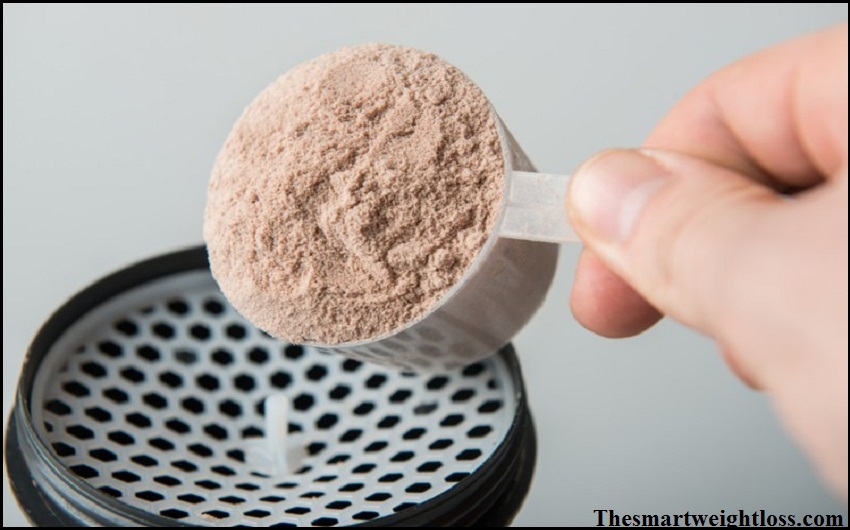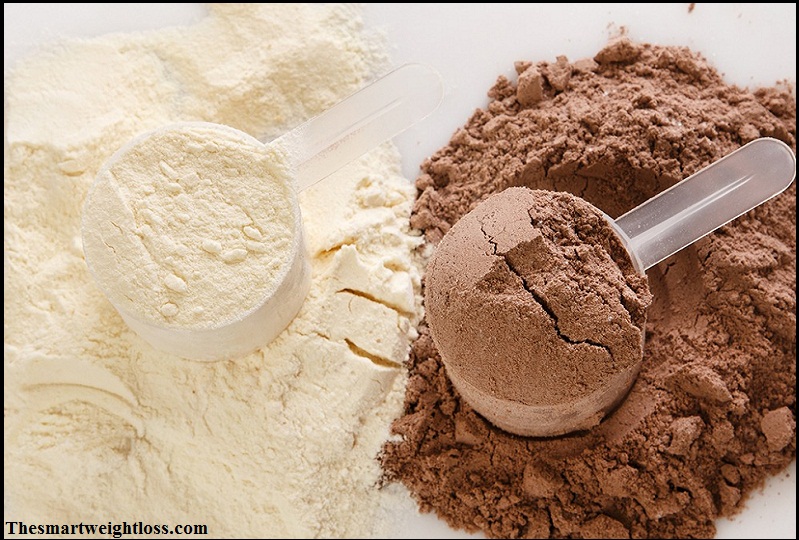The Difference between Whey Protein Isolate and Whey Protein Concentrate Explained

Protein is the most popular dietary supplement among fitness enthusiasts and people in the fitness industry. Protein may come in different forms like tablets, chocolate bars, shakes, and mixable powders to your drink. The popular type of protein supplement is whey, and this is categorized into isolate or concentrate.
So, which one is the best form of whey protein for a fitness enthusiast like you? How can these two be different in acquiring bulk nutrients for your gym-fit physique?
Firstly, you need to know the definitions of each before you go in-depth and choose the one that suits your body type and level of fitness.
Whey Protein Defined
Whey protein is the easily absorbed protein from cow’s milk and other dairy products. There are various forms of whey protein supplements available, with whey isolate and whey concentrate being the two most common forms available in the market.
Raw milk or dairy contains 20% whey protein and 80% casein proteins– the latter being slower to digest compared to the former. They are both high-quality proteins that are safe and essential to your body. However, whey is used more because of its faster absorption rate into the body, causing more muscular development and results in half the time.
Whey protein is processed, and two forms can be derived from it. One is the whey isolate, and the other is the whey concentrate.
Whey Isolate Versus Whey Concentrate

There are tons of protein supplements in the market today that will provide bulk nutrients for your body, especially if you are regularly going to the gym to stay lean or have body-building fitness goals. And of course, whey protein is always a part of every gym rat’s diet. Nevertheless, which form of whey protein is more effective and which one shows better results for you, is the common question.
Both whey isolate and whey concentrate provide similar benefits. They also come from the same protein source before they are processed. The principal variation between the two forms is that whey isolate has more protein percentage by weight than the whey concentrate form.
Whey concentrate contains 80% of beneficial protein, and 20% of the rest is made up of carbohydrates and fats. Whey isolate, however, provides more with 90% of protein, and the remaining 10% is made up of carbohydrates and fats. Whey isolate also has a lesser amount of lactose, which is better for people who are lactose intolerant as opposed to a more lactose content in whey concentrates.
Due to its more significant whey protein content, whey isolate supplements are more expensive than its whey concentrate counterpart. However, if you would buy more and drink more whey concentrate, which is cheaper, you would still acquire the same amount of whey protein you would get from a whey isolate supplement. The difference is mainly a matter of price and content per weight.
If you wish to bulk up faster than average, then you should consider taking a higher dose of whey protein every day. It does not matter if it is a whey isolate or a whey concentrate. The most crucial factor is that you need to compute your daily intake of bulk nutrients. Setting a nutritive goal will physically change your body while lifting in the gym.
